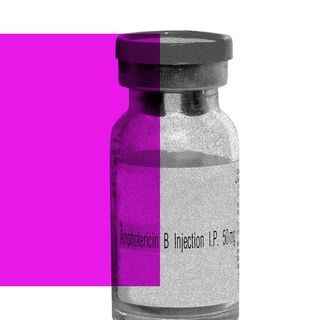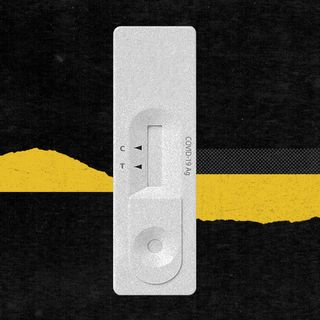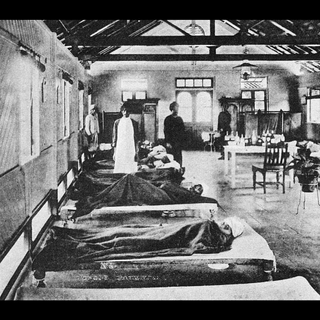Social support can significantly influence the health outcomes of patients, a new study has found, providing hope at a juncture when healthcare systems worldwide are exploring ways to bring down mortality amid the global pandemic.
Published in PLOS Medicine, the present research analyzed data from 106 randomized controlled trials on psychosocial support for patients between January 1980 through October 2020. The overall dataset comprised almost 40,000 patients, and the results suggest that psychosocial interventions like group meetings and family sessions can increase the probability of survival in patients by 20-29%.
“The premise of the research is that everyone is strongly influenced by their social context,” said Timothy B. Smith, a professor of counseling psychology at the Brigham Young University (BYU) in the U.S. and lead author of the study. While 2020 drew global attention to the effect of social isolation on people’s mental health, the present study has highlighted how it can also affect lifespans. “Relationships influence our behavior and our physical health. We now know that it is possible to prolong life by fostering coping and reducing distress,” he added.
How does a support group help? Smith explains with an example: “Something like testicular cancer, where it’s kind of an embarrassing topic to talk about, are you going to find out from other people specifically what you need to do? Probably not. But if the hospital or clinic offers a testicle cancer support group or support network, or some type of website where people can go and chat and ask questions of each other — you’re probably going to do that.”
Related on The Swaddle:
How the Chronic Loneliness Epidemic Is Affecting Us
Moreover, the study found that social support aided patients’ path to recovery by motivating and encouraging them to exercise and complete their medical treatments. “Humans are biological and social and emotional, and spirituathil and intellectual — so anything that fosters more abilities or coping strengths, improves a patient’s survival,” Smith explains, adding that “providing medical patients with social support can be just as helpful as providing cardiac rehabilitation for someone recovering from heart disease.”
The study has provided healthcare systems a map to ensure better recovery rates for patients. “We know that when hospitals implement a social support group, people simply live longer… relationships have a tangible effect on a person’s mortality and health,” Connor Workman, a student at the BYU who was actively involved in assisting the researchers, told the press, adding how the findings can provide “decision-makers at hospitals the information they need to start pushing out programs and implementing the right social connections for patients.”
Workman’s statement hints at the biggest takeaway of the study: mental health cannot be ignored while chalking a recovery plan for patients — irrespective of their ailment. “This research has the potential to change modern medicine for the positive,” Smith told ABC4, adding that the findings “should be used to foster collaboration between medical professionals and mental health professionals.”
“I hope that the pandemic has helped to raise awareness of just how important social connections are not only to our well-being but to our actual health and survival,” Julianne Holt-Lunstad, professor of psychology at the BYU and co-author of the study, said.




